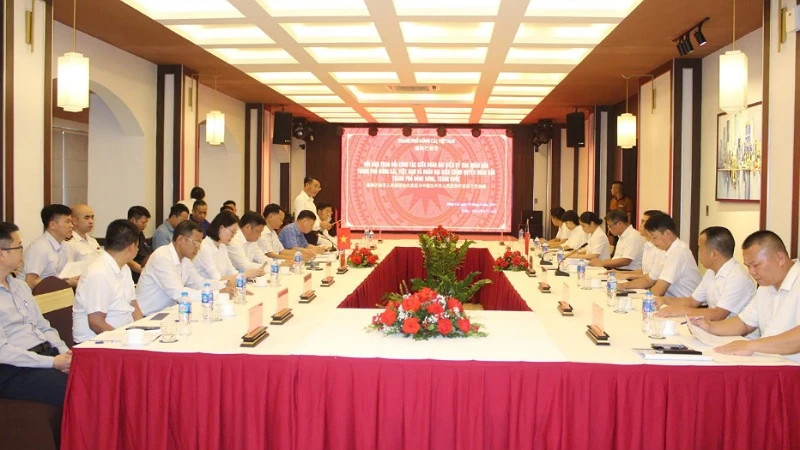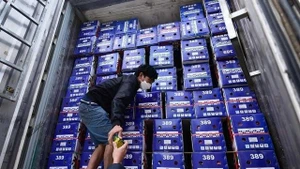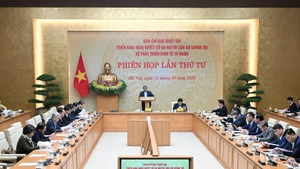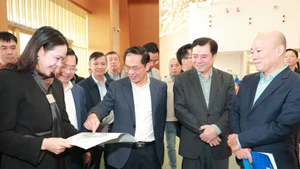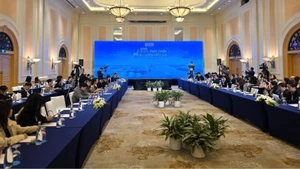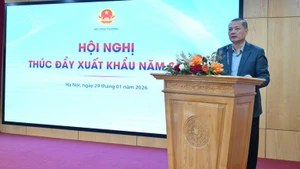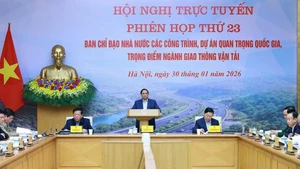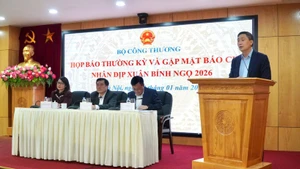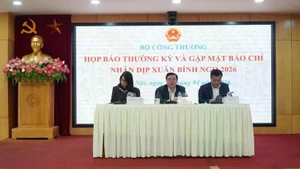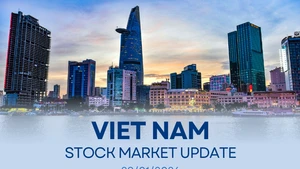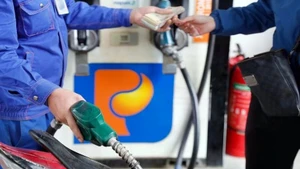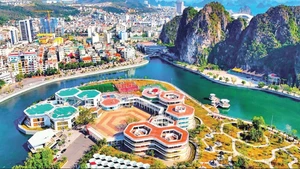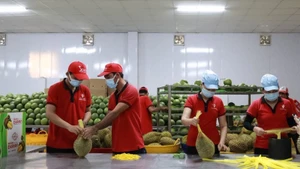At the meeting, the two sides discussed issues related to promoting trade activities through border gates between Mong Cai City (Vietnam) and Dongxing City (China).
Mong Cai proposed that Dongxing reduce customs clearance fees for businesses, improve efficiency in handling import and export goods at the Mong Cai-Dongxing border crossing, and adopt flexible goods control mechanisms similar to those at other Vietnam-China border crossings.
To facilitate smoother handling of goods, alleviate congestion, increase cargo flow, and enhance trade volume, the cities agreed to a pilot programme extending the operating hours of the Bac Luan 2 border gate.
Accordingly, from September 1, 2024, the border gate will be open daily from 7 a.m. to 8 p.m., including holidays and weekends (excluding Tet), for a three-month trial.
The discussions also addressed cross-border infrastructure projects, including the Iron Bridge at Km3+4 Hai Yen, and the integration of the Vietnam-China International Railway (Mong Cai-Dongxing).
Regarding the Bac Luan III Bridge, both cities recognised the importance of connecting transportation infrastructure and gradually opening the Bac Luan III border crossing. This development is critical for advancing trade and import-export activities between Vietnam and China, as well as between Mong Cai and Dongxing. Both cities have agreed on this plan and will seek further approval for implementation from higher authorities.
Additionally, the administrations of both cities have agreed to enhance cross-border tourism cooperation, address labour issues, and promote friendly exchanges between the border communities.
Both sides will focus on fostering amicable relations among local areas, contributing to a peaceful border and supporting economic and social development in both regions.
